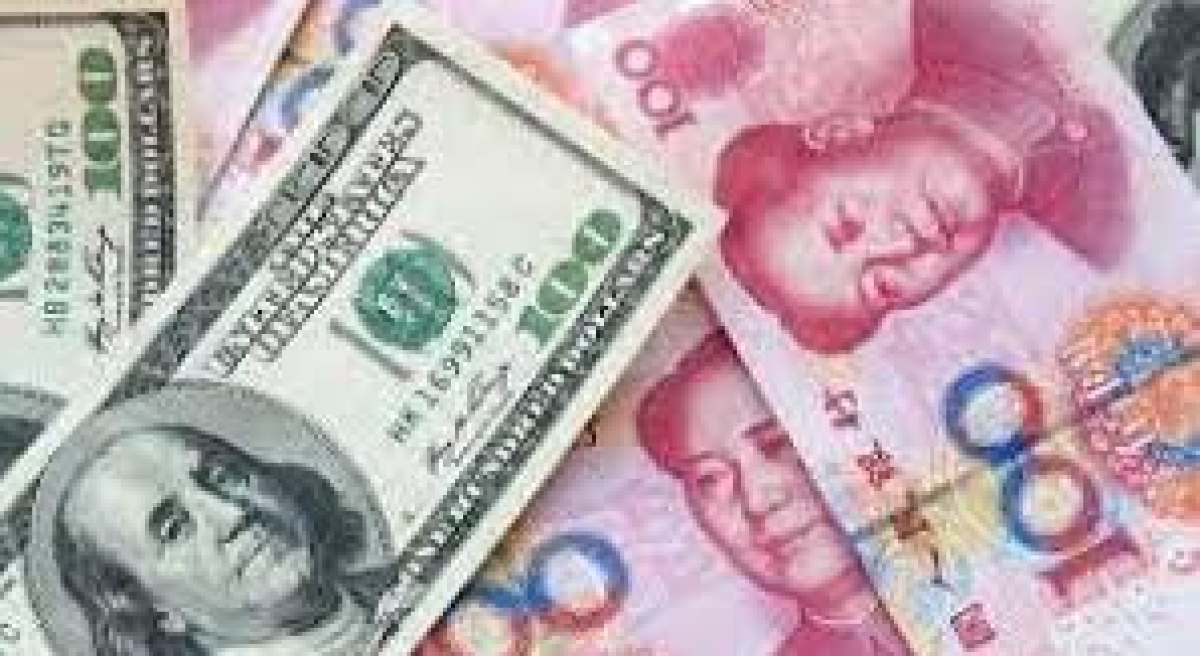Chairman Gallagher's Opening Remarks at the "Leveling the Playing Field: How to Counter the Chinese Communist Party's Economic Aggression" Hearing

Click HERE for full remarks.
-
Humility.
When I examine the staggering complexity of the U.S.-China economic relationship, that’s the word that comes to mind.
One small example—salmon caught in the American Pacific Northwest are often frozen, sent to China to be deboned by hand and then refrozen and shipped back to US grocery store, sometimes just miles from where the fish were caught. The economic links between the U.S. and China are dizzyingly complicated.
But there’s another word that comes to mind: naivety.
Though there were prescient, principled dissenters, for the last 25 years both parties largely made the same naïve bet on China–that robust economic engagement would lead the Chinese Communist Party to political liberalization.
But Beijing saw our quintessentially American optimism as an opportunity to exploit — and our treaties and international commitments as “Rules for Thee but not for Me”.
The CCP took advantage of our good faith — as well as our technology, our know-how, and our capital to grow strong.
But once they felt ready, they began to decouple from us. Because it was never about reciprocity. Now the era of wishful thinking is over.
The CCP’s economic warfare uses any and all available leverage to coerce us — and it is time to defend ourselves.
In doing so, it’s important to remember a simple fact: there is no such thing as a private business in China.
Businesses, like everything else, serve the Chinese Communist Party and its political goals. This is not a secret.
Civ-mil fusion, the national intelligence laws, and the recently-amended counterespionage law are all clear evidence.
There’s been a lot of handwringing in the media about what to call our new economic approach to China. Strategic decoupling? Constructive rebalancing? Derisking?
To our witnesses, I’d say: call it whatever the hell you want, but let’s stop admiring the problem, and actually get down to solutions.
You’re going to hear a lot of economic jargon tonight—Section 301 Tariffs, VIE structures, A shares, capital controls. It’s easy to get lost in the statutes and acronyms.
I find it helpful to have some policy principles in mind as we get our hands dirty in the minutia. Here are three big tent poles I’ve been considering to guide our strategic de-risking, with the caveat that for an issue this complex, all principles need a healthy dose of pragmatism and humility:
1. We need to stop fueling our own destruction. That means we shouldn’t fund PLA military modernization. We should protect our sensitive research and critical technologies, and not sacrifice national security for short-term profits.
2. We need to take off the Golden Blindfolds and open our eyes to the risks in China American businesses shouldn’t be complicit in the CCP’s ongoing Uyghur genocide and American capital should not fuel human rights abuses. Investment managers, especially US pension and retirement fund stewards, can’t ignore their fiduciary duties. Just in the past few months the CCP has increasingly criminalized routine due diligence, made a mockery of the system of transparent disclosures that undergirds our capital markets, and undermined the rule of law.
3. We need to reinforce our economic sovereignty. That means reshoring our most critical supply chains like pharmaceuticals and munitions supplies. We also need a positive trade agenda that promotes collective resilience with our partners and allies and opens new markets for American companies. No one is talking about full decoupling from China. That’s a strawman propagated by the pro engagement media. If we use these principles to craft a policy agenda, along with technical recommendations from experts like the ones testifying before us tonight, I believe we can chart a new course for American prosperity in the 118th Congress.